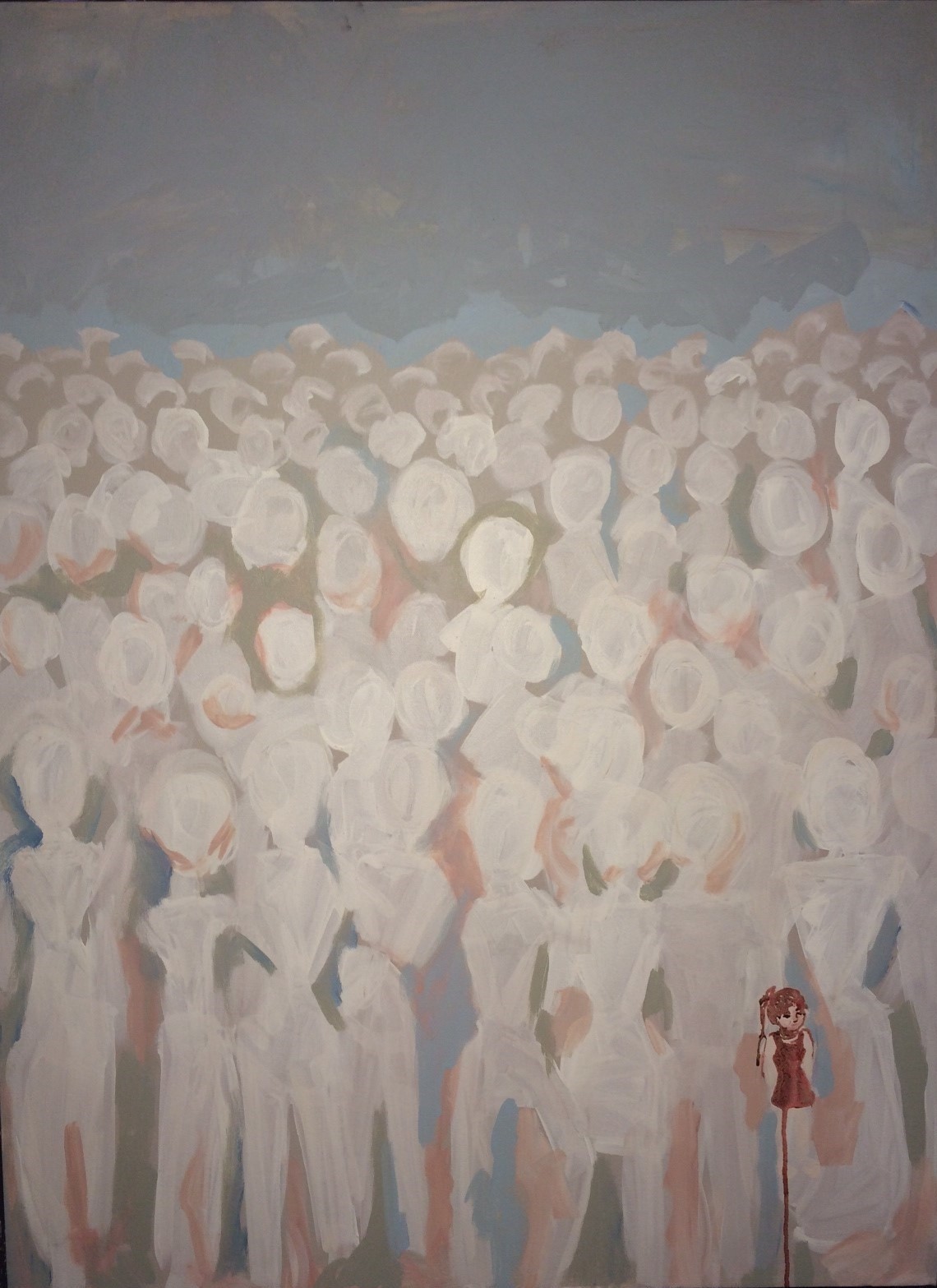Why does hate speech cause harm? And can we quantify the harm caused?
Thank you, Arya Amritansu, for such an important question. To answer these questions it is first necessary to clarify what we mean when we talk of “hate speech”. Hate speech is speech that attacks people in virtue of their membership in a racial, religious, ethnic, sexual or other group. In other words, hate speech is […]
Why does hate speech cause harm? And can we quantify the harm caused? Read More









